
Malaysia Govt to Phase Out CNG-Powered Vehicles, Citing Safety Concerns
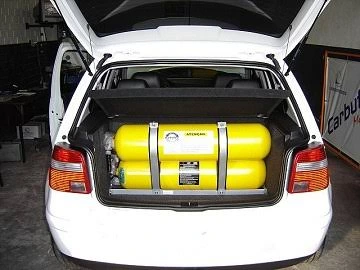
The Malaysian government has announced plans to phase out the use of compressed natural gas (CNG) for vehicles and end the sale of natural gas vehicles (NGVs) nationwide, citing safety concerns.
Speaking at a recent press conference, Malaysia’s Transport Minister Loke Siew Fook confirmed that CNG-powered vehicles, locally referred to as NGVs, will no longer be allowed for registration or road use starting July 1, 2025.
The phased-out approach will also see the government-owned oil and gas company Petroliam Nasional Bhd (Petronas) gradually ending CNG sales at its fueling stations from the same date.
With only 44,383 NGVs in Malaysia, representing a mere 0.2% of vehicles (excluding motorcycles), Fook stated that the decision is primarily a safety measure as the NGV tanks in these vehicles approach the end of their safe usage period, typically around 15 years.
The NGV tanks of these vehicles are now reaching the end of their service life and need to be replaced, Fook said, adding that some vehicles modified with liquefied petroleum gas (LPG) cylinders, a cheaper but more dangerous alternative, have been involved in explosive accidents.
To support vehicle owners in the transition, the government announced a financial assistance package. NGV taxi drivers registered before October 1 can access a one-time RM3,000 e-voucher through Petronas’s Setel mobile app.
Owners of dual-fuel vehicles can have their NGV kits removed for free at designated workshops. In contrast, those with purely CNG-powered vehicles are eligible for compensation based on current market value, provided they meet registration requirements.
The scrapped vehicles will be sent to authorised facilities for deregistration and disposal.
Malaysia’s move to phase out NGVs comes as Nigeria promotes CNG as an affordable alternative to petrol amid rising concerns about vehicle gas safety following a recent explosion.
The CNG initiative, championed by President Bola Tinubu, is aimed at mitigating the financial impact of recent petrol subsidy cuts, with the government securing over $200 million in investments to establish 1,000 CNG conversion centres nationwide.
However, a recent explosion at a NIPCO CNG station in Benin City, Edo State, has sparked widespread public concern.
The blast, which occurred while vehicles were refuelling, severely damaged an Audi car and injured three people, highlighting safety issues as Nigeria expands CNG infrastructure.
The Presidential CNG Initiative expressed sympathy for the victims, asserting that the cylinder involved was non-compliant with safety standards.
Social media interactions reflected a deep mistrust in the infrastructure, with many Nigerians questioning the country’s preparedness to handle the risks associated with CNG.
Read Also:
- Nigerians Express Safety Concerns After Benin CNG Explosion Critically Injures Three, Causes Amputation of Victim’s Foot
- South Africa Closes Main Border With Mozambique Amid Post-election Protests
- Mali: Ségou Customs Intercept Over 55 Tons of Spoiled Meat in Anti-Trafficking Operation
About The Author
Related Articles
Cotê D’Ivoire: Thousands Rally in Abidjan as Opposition Demands Electoral Reforms Ahead of October Election
Thousands of opposition supporters gathered in Abidjan on Saturday, May 31, to...
ByJoy ChukwuJune 1, 2025Togo Stops Issuing Mining Permits to Reform Outdated Mining Code
Togo has suspended the issuance of new mining permits for prospecting and...
ByJoy ChukwuJune 1, 2025ICYMI: Ghana Shuts Down Washington Embassy Over Visa Fraud Scandal
Ghana has temporarily closed its embassy in Washington, D.C., following the uncovering...
ByJoy ChukwuMay 31, 2025Confederation of Sahel States Moves to Establish Joint Judicial Body
The Confederation of Sahel States (CSS), comprising Mali, Niger, and Burkina Faso,...
ByJoy ChukwuMay 31, 2025




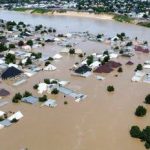

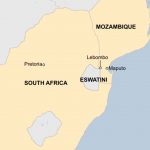


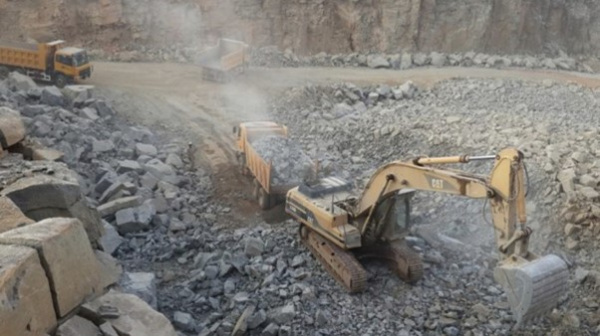
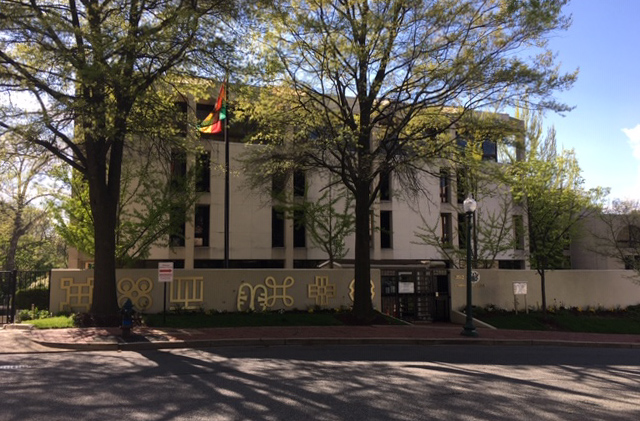

Leave a comment